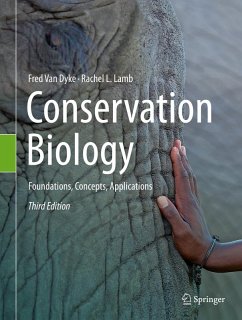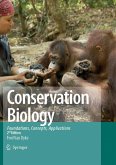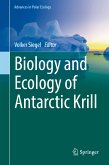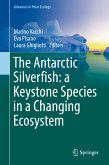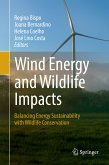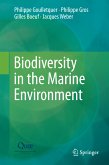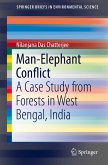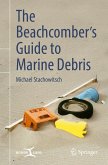Beginning with a concise review of the history of conservation, the authors go on to explore the interplay of conservation with genetics, demography, habitat and landscape, aquatic environments, and ecosystem management, and the relationship of all these disciplines to ethics, economics, law, and policy. An entirely new chapter, The Anthropocene: Conservation in a Human-Dominated Nature, breaks new ground in its exploration of how conservation can be practiced in anthropogenic biomes, novel ecosystems, and urban habitats. The Third Edition includes the popular Points of Engagement discussion questions used in earlier editions, and adds a new feature: Information Boxes, which briefly recap specific case histories described in the text. A concluding chapter offers insight into how to become a conservation professional, in both traditional and non-traditional roles.
The authors, Fred Van Dyke and Rachel Lamb, draw on their expertise as field biologists, wildlife managers, consultants to government and industry, and scholars of environmental law, policy, and advocacy, as well as their many years of effective teaching experience. Informed by practical knowledge and acquired skills, the authors have created a work of exceptional clarity and readability which encompasses both systemic foundations as well as contemporary developments in the field. Conservation Biology: Foundations, Concepts, Applications will be of invaluable benefit to undergraduate and graduate students, as well as to working conservation scientists and managers.
This is an amazing resource for students, faculty, and practitioners both new and experienced to the field. Diane Debinski, PhD
Unexcelled wisdom for living at home on Wonderland Earth, the planet with promise, destined for abundant life. Holmes Rolston, PhD
Van Dyke and Lamb have maintained the original text's emphasis on connecting classical ecological and environmental work with updated modern applications and lucid examples. But more importantly, the third edition contains much new material on the human side of conservation, including expanded treatments of policy, economics, and climate change. Tim Van Deelen, PhD
Fred Van Dyke and Rachel Lamb break new ground in both the breadth and depth of their review and analysis of this crucially important and rapidly changing field. Any student or other reader wishing to have a comprehensive overview and understanding of the complexities of conservation biology need look no further - this book is your starting point! Simon N. Stuart, PhD
Dieser Download kann aus rechtlichen Gründen nur mit Rechnungsadresse in A, B, BG, CY, CZ, D, DK, EW, E, FIN, F, GR, HR, H, IRL, I, LT, L, LR, M, NL, PL, P, R, S, SLO, SK ausgeliefert werden.

